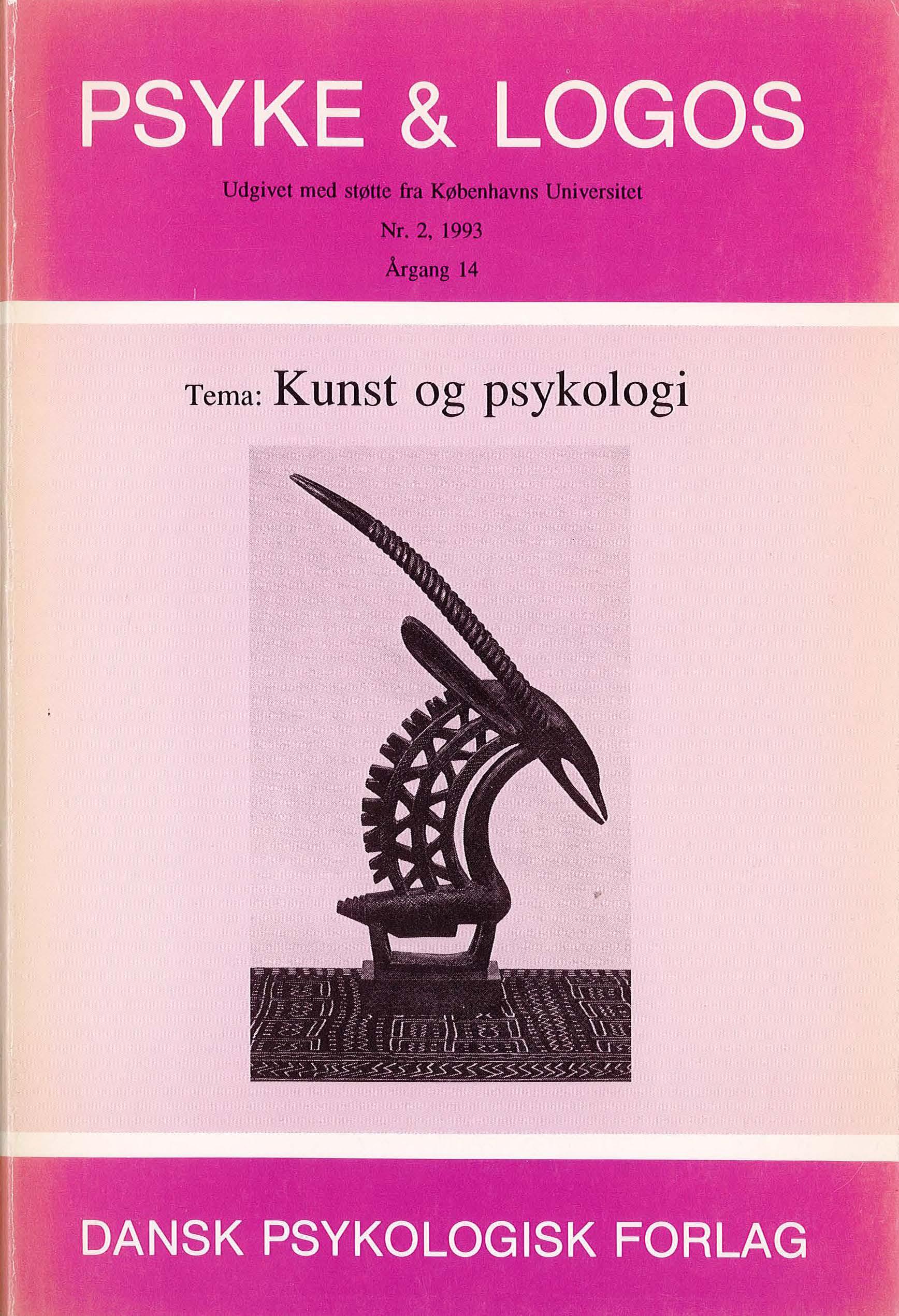Metarummets arkitektur
- reflektioner af forholdet mellem fysisk rum og psykisk rum i den skabende proces
DOI:
https://doi.org/10.7146/pl.v14i2.135867Abstract
As an artist and architect I feel love for my environments - also the man-made. My life has been changed by an awareness of to what extent I myself am part of all this. It is this »vision« about togethemess and wholeness - in the process whereby knowledge
is acquired - I am naming metaspace. That is: the dynamic, ever fluctuating, creative space (and power-field) where matter and consciousness is brought together - and separated, - where ideas and words materialises. My statement is: if architecture shall develop out of our western, one-dimensional, rational mind, our metaspaces have to be fumished with ideas - and concepts - which makes it possible for us to catch the »call« from our natural environments - or universe. That call is named
intuition. In my own work I am inspired by the idea of »Forms with an existence will« (Kahn) which I relate to the concept of »archetypes in the collective unconscious« (Jung) whose existence will break through in symbols in a creative move - a movement
whose purpose man recreate by his own becoming. Architecture belongs to these symbol systems.
Inherent the concept of metaspace is a method for self-understanding and developing creativity in a healing manner: you can consciously walk in and out of different metaspaces, you may break them down and rebuild them experimentally, until you
one day know - for sure - which metaspaces are authentic for life and which ones are just »castles in Spain«.
Downloads
Published
How to Cite
Issue
Section
License
Ophavsret er tidsskriftets og forfatternes. Det er gældende praksis, at artikler publiceret i Psyke & Logos, som efterfølgende oversættes til andet sprog, af forfatteren frit kan publiceres i internationale tidsskrifter, dog således at det ved reference fremgår, at den oversatte artikel har et forlæg i en dansksproget version i Psyke & Logos. Artikler kan frit deles og linkes til på forsknings- og undervisningsnetværk (så som Blackboard). Link foretrækkes, fordi det giver oplysning om brug af tidsskriftets artikler.




